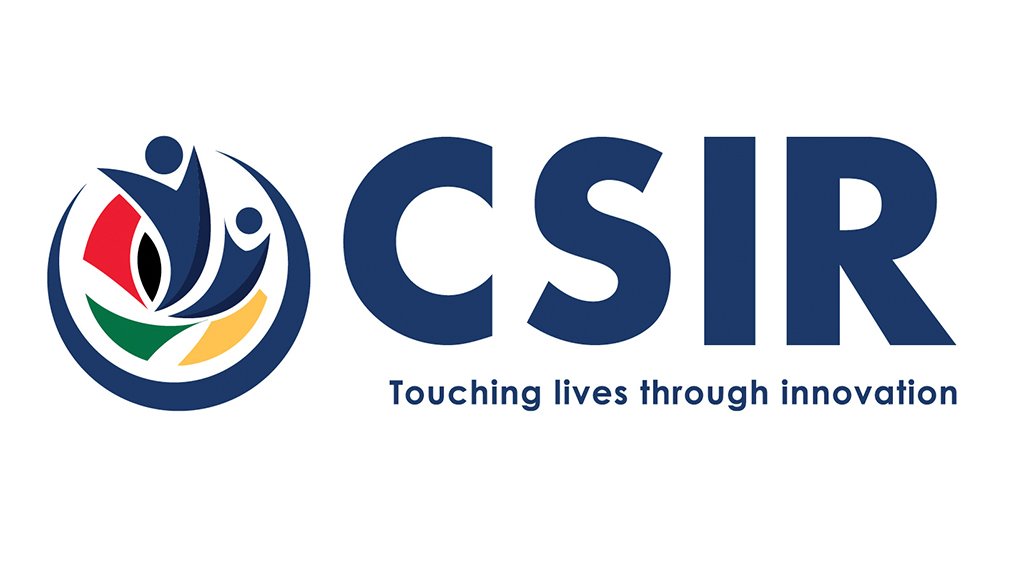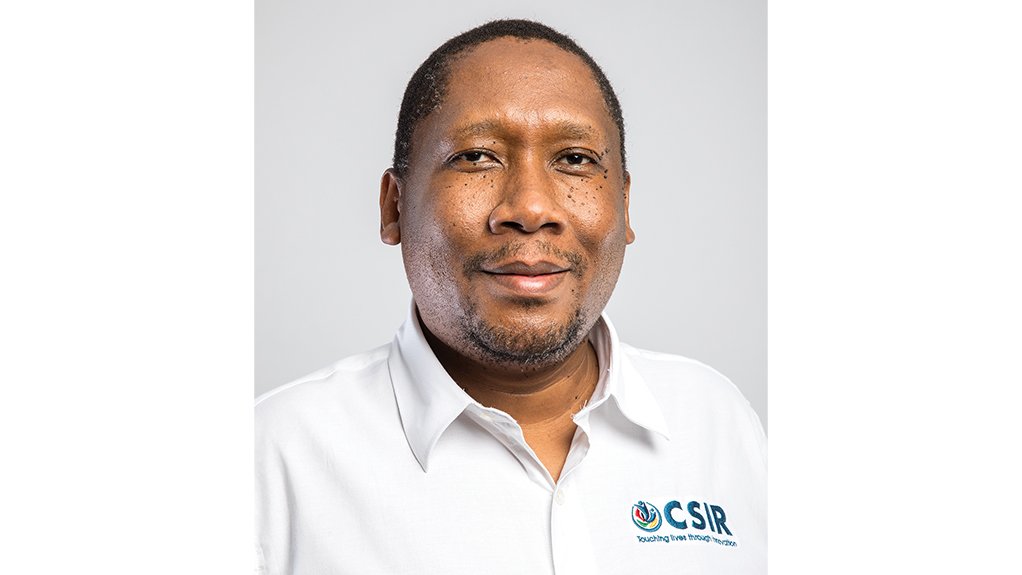CSIR recognises researchers’ years of hard work
The number of principal and chief researchers promoted by the Council for Scientific and Industrial Research (CSIR) is an important key performance indicator for the council, indicating the strength of its research development and innovation capacity, as well as the ability of its transformed human capital, to deliver on its mandate.
One of the highly distinguished research organisations in Africa, the CSIR recognised the promotion of seven chief researchers and 28 principal researchers this year during a function held at its International Convention Centre in Pretoria in November.
“The success of a research and development organisation such as ours depends on the quality and the calibre of the employees that work in our organisation,” said CSIR CEO Dr Thulani Dlamini in his address to attendees.
He highlighted that the promotion of three black African chief researchers was a first in the history of the CSIR.
“We also have a very healthy pipeline of principal researchers which includes black African females. It gives one hope that in the not-so-distant future, we might see our first black African female chief researcher within the organisation,” stated Dlamini, while stressing the importance of developing more principal and chief researchers to achieve the intentions of the CSIR’s strategy.
The work undertaken by the CSIR aids the development of transformative technologies to accelerate socioeconomic prosperity in South Africa, with the newly promoted researchers hailing from diverse fields of expertise, from health and manufacturing to industry development and government policy, and having all achieved specific milestones to advance up the career ladder.
One such researcher is Dr Tsepo Tsekoa, who says the promotion to principal and chief researcher level is the culmination of years of hard work.
His promotion to chief researcher comes after 12 years at the CSIR, during which he has been involved in South Africa’s response to the Covid-19 pandemic.
“I was involved in the development of a test kit for the diagnosis of Covid-19 in collaboration with local bio-technology company CapeBio. And, as a result of this work, we will be manufacturing this kit in South Africa.”
The test kits are expected to help limit the country’s reliance on imports, making it easier for South Africa and the rest of Africa to have rapid access to test kits. The Department of Science and Innovation, the South African Medical Research Council and the Technology Innovation Agency led the initiative to respond to the local and continental demand for testing by setting up a fund to develop diagnostic tools, among other resources.
Meanwhile, another principal researcher has been working on growing mushrooms in a liquid on a large scale for bio-based cosmetic products.
This project is a collaboration with biotechnology company Sawubona Mycelium and, in a first for Africa, has produced 800 ℓ of liquid cultivated mushrooms called Enokitake, which can be used to develop high-value ingredients for cosmetics, functional foods and pharmaceutical applications.
It is such innovative research that has resulted in the CSIR’s researchers gaining local and international recognition.
“One of the main outputs that are expected from researchers as they grow is involvement in the broader community, with many CSIR researchers on committees, advisory boards or editorial boards of scientific journals,” elaborates Tsekoa, who has been a scientific adviser for the likes of the South African Health Products Regulatory Authority, which is in charge of regulating the use of all health products throughout the country.
Thereby, the CSIR’s researchers have influence over global and local developments, attracting much-needed funding to ensure the council’s sustainability.
“We have to raise grant funding, develop proposals for contract research and also receive ring-fenced funding from government, but we must deliver results to ensure longer-term investment from these parties,” adds Tsekoa.
The CSIR intends to boost funding received through corporate collaborations in future, with many of the newly promoted principal and chief researchers having secured such funding.
The council believes that to resolve complex problems a multidisciplinary approach is needed, and that partnerships can play a key role in broadening the capabilities required to do so.
The CSIR works with entities in the public and private sector focused on areas such as energy, health, industry, defence and security, as well as the natural, built and digital environments.
“If others are willing to invest in our research and development, it proves that we are doing relevant work,” states Tsekoa.
Human capital development is another key criterion for ascending the career ladder at the CSIR.
“We have to mentor staff and formally supervise postgraduate students as part of our work and the more senior you become, the greater the expectation for you to grow the next cohort of principal and chief researchers,” says Tsekoa, noting that capacity development at the CSIR is also vital in terms of infrastructure and creating facilities that others can access.
Comments
Press Office
Announcements
What's On
Subscribe to improve your user experience...
Option 1 (equivalent of R125 a month):
Receive a weekly copy of Creamer Media's Engineering News & Mining Weekly magazine
(print copy for those in South Africa and e-magazine for those outside of South Africa)
Receive daily email newsletters
Access to full search results
Access archive of magazine back copies
Access to Projects in Progress
Access to ONE Research Report of your choice in PDF format
Option 2 (equivalent of R375 a month):
All benefits from Option 1
PLUS
Access to Creamer Media's Research Channel Africa for ALL Research Reports, in PDF format, on various industrial and mining sectors
including Electricity; Water; Energy Transition; Hydrogen; Roads, Rail and Ports; Coal; Gold; Platinum; Battery Metals; etc.
Already a subscriber?
Forgotten your password?
Receive weekly copy of Creamer Media's Engineering News & Mining Weekly magazine (print copy for those in South Africa and e-magazine for those outside of South Africa)
➕
Recieve daily email newsletters
➕
Access to full search results
➕
Access archive of magazine back copies
➕
Access to Projects in Progress
➕
Access to ONE Research Report of your choice in PDF format
RESEARCH CHANNEL AFRICA
R4500 (equivalent of R375 a month)
SUBSCRIBEAll benefits from Option 1
➕
Access to Creamer Media's Research Channel Africa for ALL Research Reports on various industrial and mining sectors, in PDF format, including on:
Electricity
➕
Water
➕
Energy Transition
➕
Hydrogen
➕
Roads, Rail and Ports
➕
Coal
➕
Gold
➕
Platinum
➕
Battery Metals
➕
etc.
Receive all benefits from Option 1 or Option 2 delivered to numerous people at your company
➕
Multiple User names and Passwords for simultaneous log-ins
➕
Intranet integration access to all in your organisation























